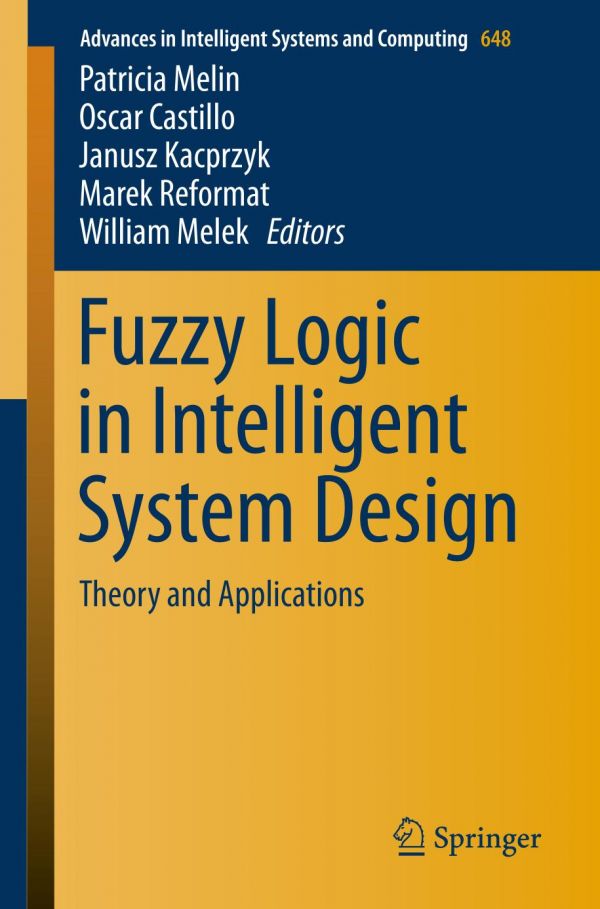

Most ebook files are in PDF format, so you can easily read them using various software such as Foxit Reader or directly on the Google Chrome browser.
Some ebook files are released by publishers in other formats such as .awz, .mobi, .epub, .fb2, etc. You may need to install specific software to read these formats on mobile/PC, such as Calibre.
Please read the tutorial at this link: https://ebookbell.com/faq
We offer FREE conversion to the popular formats you request; however, this may take some time. Therefore, right after payment, please email us, and we will try to provide the service as quickly as possible.
For some exceptional file formats or broken links (if any), please refrain from opening any disputes. Instead, email us first, and we will try to assist within a maximum of 6 hours.
EbookBell Team

4.7
16 reviewsThis book describes recent advances in the use of fuzzy logic for the design of hybrid intelligent systems based on nature-inspired optimization and their applications in areas such as intelligent control and robotics, pattern recognition, medical diagnosis, time series prediction and optimization of complex problems. Based on papers presented at the North American Fuzzy Information Processing Society Annual Conference (NAFIPS 2017), held in Cancun, Mexico from 16 to 18 October 2017, the book is divided into nine main parts, the first of which first addresses theoretical aspects, and proposes new concepts and algorithms based on type-1 fuzzy systems. The second part consists of papers on new concepts and algorithms for type-2 fuzzy systems, and on applications of type-2 fuzzy systems in diverse areas, such as time series prediction and pattern recognition. In turn, the third part contains papers that present enhancements to meta-heuristics based on fuzzy logic techniques describing new nature-inspired optimization algorithms that use fuzzy dynamic adaptation of parameters. The fourth part presents emergent intelligent models, which range from quantum algorithms to cellular automata. The fifth part explores applications of fuzzy logic in diverse areas of medicine, such as the diagnosis of hypertension and heart diseases. The sixth part describes new computational intelligence algorithms and their applications in different areas of intelligent control, while the seventh examines the use of fuzzy logic in different mathematic models. The eight part deals with a diverse range of applications of fuzzy logic, ranging from environmental to autonomous navigation, while the ninth covers theoretical concepts of fuzzy models